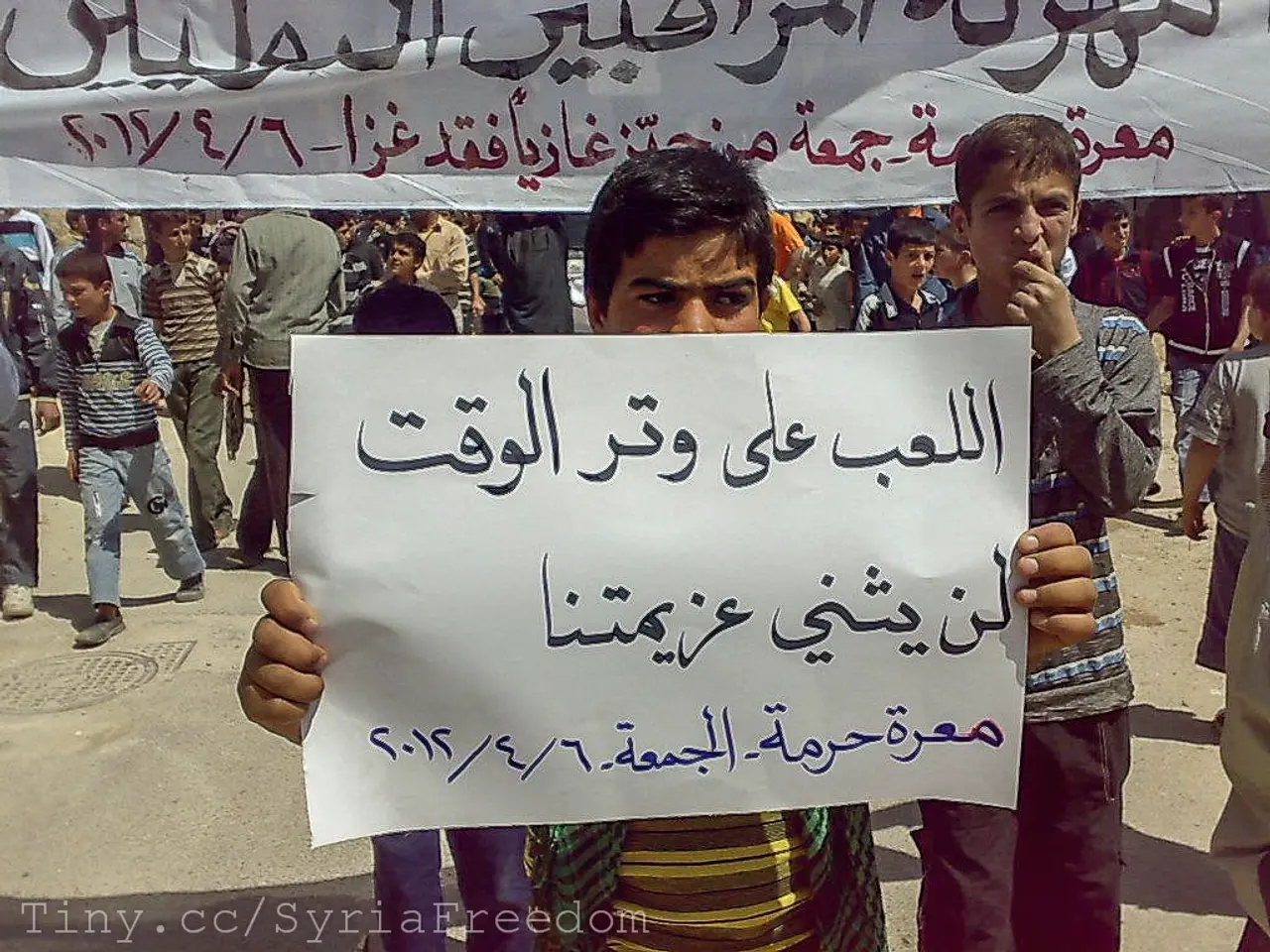Restrictive Israeli regulations hinder humanitarian organizations from distributing assistance in Gaza
In a troubling development, international NGOs have expressed concerns that new registration rules in Israel are being used to block aid and deny essential supplies like food and medicine to the people of Gaza. Since March 2025, these rules have prevented major international NGOs from bringing lifesaving aid into Gaza under a new system that uses vague criteria to reject aid requests.
The new administrative requirements introduced by Israel in March 2025 require international NGOs to register under rules that effectively give the Israeli government wide discretion to block organizations it deems politically undesirable or insufficiently aligned. This has resulted in millions of dollars’ worth of supplies being stranded in warehouses in neighboring countries while urgent humanitarian needs in Gaza deepen.
The registration process can be refused if Israeli authorities deem that a group denies the democratic character of Israel or "promotes delegitimisation campaigns" against the country. This has led to many NGOs with decades of experience and strong community trust being excluded, leaving hospitals and vulnerable populations lacking basic supplies. Aid workers themselves face hardships due to the obstruction, and the situation has escalated tensions, with over 100 aid organizations publicly condemning what they describe as Israel's "weaponization of aid" to exert political control over Gaza and the occupied Palestinian territories.
The restrictions have been criticized for violating established norms of international humanitarian law and for contributing to a worsening humanitarian crisis characterized by widespread starvation and deteriorating medical conditions. Potential consequences for NGOs operating in Israel and Palestinian territories include increased bureaucratic hurdles, arbitrary denials limiting humanitarian access, and heightened political and legal pressures affecting independent advocacy and reporting.
The situation has broader implications for humanitarian efforts in the region, with international calls urging states to pressure Israel to lift restrictions, open crossings, and allow free passage of aid to alleviate the deepening crisis and prevent further loss of life. According to Gaza's civil defence agency, at least 1,373 Palestinians have been killed in Gaza since May 27 while awaiting or searching for aid.
Anera has millions of dollars' worth of supplies waiting just outside Gaza, in the Israeli port city of Ashdod, while the Gaza Humanitarian Foundation (GHF), a controversial organization backed by the US, has been distributing aid in Gaza. However, aid groups have accused Israel of long-standing allegations of diverting aid entering the Gaza territory under the UN-led distribution system.
Jolien Veldwijk, Palestinian territories director for CARE, stated that due to the registration restrictions, civilians are being left without the food, medicine, and protection they urgently need. CARE and other organizations like Oxfam have not been authorized to bring in aid since March, with Oxfam having $2.5 million worth of supplies, including food, barred from entering Gaza.
The strained relations have worsened since Hamas's October 2023 attack on Israel, triggering the Gaza war. At least 60 requests to bring aid into Gaza were rejected in July alone, and international NGOs now fear they could be barred from operating in Israel and the Palestinian territories altogether if they do not submit sensitive information about their Palestinian staff to the Israeli government.
In conclusion, the new Israeli regulations on foreign aid significantly obstruct aid delivery to Gaza and heighten tensions with humanitarian organizations, threatening the viability of NGOs and worsening humanitarian conditions in Gaza and the Palestinian territories. Urgent action is needed to alleviate the crisis and prevent further loss of life.
References:
- Al Jazeera
- The Guardian
- The New York Times
- The Washington Post
- Human Rights Watch
- The international community is closely monitoring the Israeli government's new registration rules, as these rules seemingly hinder international NGOs, such as CARE and Oxfam, from supplying essential aid like food and medicine to Gaza.
- In light of the escalating humanitarian crisis in Gaza, numerous general-news outlets like Al Jazeera, The Guardian, The New York Times, and The Washington Post have reported on Israel's controversial restrictions on foreign aid, which also impact the coverage of sports events in the region.
- These challenging political circumstances have led many international organizations to publicly voice their concerns, criticizing Israel's apparent weaponization of aid and its potential violations of international humanitarian law, calling for immediate action to prevent further suffering in Gaza and the Palestinian territories.




